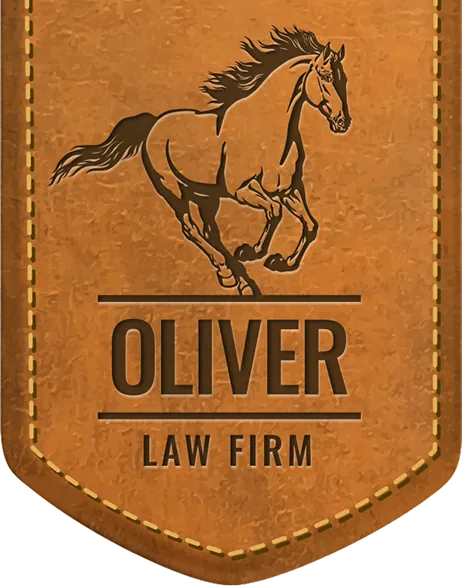We’ve all seen mold somewhere. We view it as the inevitable consequence of the dark, damp places in our homes and workplaces. But what causes mold? What can you do about it, and more importantly, who is responsible?
Mold is a fungus that grows in many places. When areas experience water damage, one of the first consequences is the growth of mold spores. These microscopic spores float around us and land in these wet areas, causing mold to begin growing. Once mold begins to grow, more mold spores are released into the air.
If large quantities of mold spores are inhaled, certain health issues can ensue. The most common responses to mold spores are allergic reactions, but, more serious respiratory conditions can be developed after longer exposure. The people most at risk are children, infants, pregnant women, and the elderly. Inform your doctor of your symptoms, or of the discovery of mold in your home.There are ways to eliminate the risk of mold before it becomes an issue. FEMA recommends that water damage be cleared out and dried within 48 hours to decrease the risk of mold growth. Once mold sets in, use detergent and scrub surfaces that have been exposed. You may need to throw out certain materials that have mold growth, but professional cleaners have the tools and training to protect items of value. If large areas are exposed, professionals may also have to be consulted. When you begin cleaning an area, open up the room and any windows to increase ventilation. Be careful with certain types of mold, as they may have more potential for illness causing spores.There are also legal responsibilities for mold infestations. Tenants and landlords have a unique relationship. Landlords are required to provide a safe living environment for their tenants. If you are a tenant and suspect that you are being exposed to mold, tell your landlord. Your landlord is responsible for the costs that are incurred in the removal of the mold. If you are buying a home, ensure that there are no mold problems. The seller is responsible for making known any current mold contamination. If there has been mold in the past, the seller does not have to tell you, but ask anyways so that you can effectively prevent reoccurring outbreaks.1) The Safety Report 2012, Volume 4
a Free Consultation



